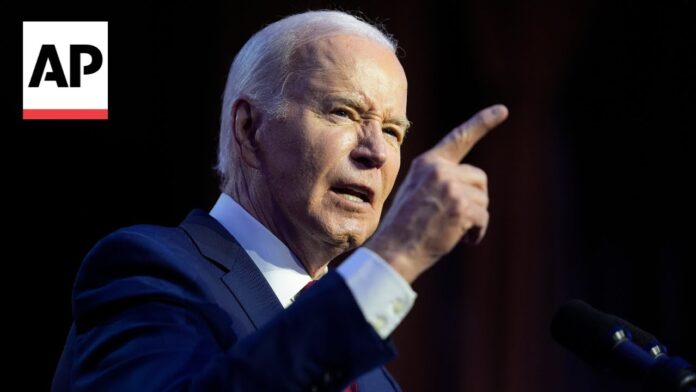Unexpected remarks from the US President contrast efforts to strengthen ties with Japan and India; comments spark global conversation on migration
President Joe Biden recently sparked international headlines by labelling Japan and India as xenophobic, grouping them with China and Russia due to their perceived lack of economic benefits from migration. This statement emerged from a campaign fundraising event, surprisingly noting these nations’ hostile attitudes toward foreigners as a barrier to their economic growth.
Speaking to an audience at the event, Biden explained the economic stagnation of these countries as a consequence of their xenophobic policies. “Why is China stalling so badly economically, why is Japan having trouble, why is Russia, why is India, because they’re xenophobic. They don’t want immigrants. Immigrants are what makes us strong,” he asserted, emphasizing the positive impact of welcoming immigrants on the U.S. economy.
This commentary coincided with the celebration of Asian American, Native Hawaiian, and Pacific Islander Heritage Month, underscoring its significance given Biden’s ongoing efforts to reinforce alliances with Japan and India. Notably, Japanese Prime Minister Fumio Kishida had just attended a state dinner at the White House three weeks prior, where both nations celebrated their robust partnership. Moreover, Indian Prime Minister Narendra Modi’s recent state visit to the White House had similarly aimed to fortify ties, highlighting the contrast between Biden’s diplomatic efforts and his recent statements.
The reaction to Biden’s comments has been swift and pointed. The White House, via National Security Council spokesman John Kirby, attempted to mitigate the fallout by stating, “The broader point the president was making, and I think people all around the world recognize this, is that the United States is a nation of immigrants, and it’s in our DNA.” Kirby emphasized the deep respect and value Biden holds for these nations, despite the controversial comments.
Japan and India’s approach to immigration starkly contrasts with that of the U.S. Japan, which has the lowest immigrant population among the Group of Seven nations, has been cautiously opening its doors to immigrants to offset its ageing population. Meanwhile, India, now the world’s most populous country, passed a controversial citizenship law that expedites naturalization for non-Muslims from neighbouring countries, establishing a religious criterion for citizenship for the first time.
As of now, neither Japan nor India have formally responded to Biden’s remarks. These comments have undoubtedly stirred a complex dialogue on the global stage about immigration policies and economic growth, with potential implications for international relations and domestic policies in the mentioned countries
